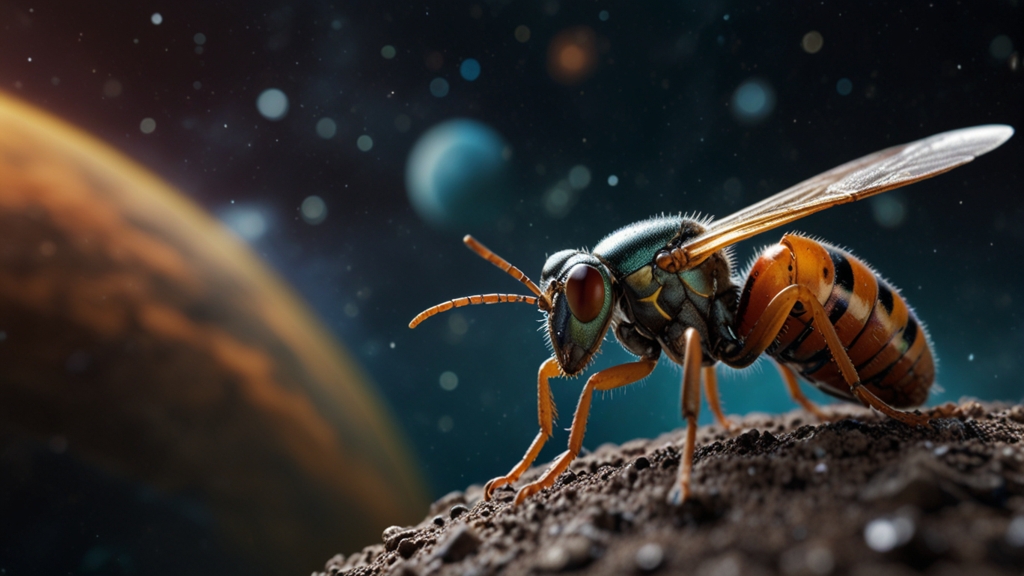Do Animals Have Personalities? The Research That Reveals All
It’s a question that has fascinated both scientists and pet owners alike: do animals have personalities? Personality, typically considered a human trait, is used to describe the unique characteristics that make an individual distinctive. However, recent research suggests that animals, from the household cat to the wild elephant, exhibit a range of personality traits, challenging our traditional views on animal behavior.
Understanding Animal Personality
Personality in animals is often defined as consistent behavior patterns and individual differences in behavior that are observable across time and situations. Researchers have identified various components of personality such as boldness, aggression, and sociability in animals. The question isn't just a matter of curiosity; it has significant implications for animal welfare, conservation, and our understanding of the evolution of behavior.
The Pioneering Research
One of the key studies in this field was conducted by Dr. Samuel Gosling, a psychologist at the University of Texas at Austin. He assessed the personalities of various animals including dogs, cats, and even hyenas using a combination of observational and questionnaire-based methods. The findings were groundbreaking, revealing that animals do indeed show stable personality traits. For instance, dogs could be classified along dimensions such as energy levels, affection, and sociability, much like humans.
"At first, the challenge was to determine whether these patterns are due to true personality traits or a result of human interpretations. However, the consistency of the observed behaviors, across different settings and observed by different researchers, strongly supports the former." - Dr. Samuel Gosling
Tools and Methods of Study
Researchers use a variety of methods to study animal personality. Observational studies involve watching animals in their natural habitat or controlled settings and noting their behavior. Questionnaires are often given to owners or caretakers who are familiar with the animals, asking them to rate the animals on different traits. More recently, technological advances have allowed for more sophisticated data collection, including GPS tracking and biological markers to provide further insights.
Case Studies: The Animal Kingdom's Diverse Personalities
In a study on octopuses, researchers at the Seattle Aquarium found that individual octopuses displayed consistent behavior differences when subjected to the same stimuli, like touch or the presence of a new object. Some were shy, while others were more explorative.
"It’s fascinating to consider the implications of these findings. If octopuses, which are so evolutionarily different from humans, can have personalities, then it’s likely that many other animals do as well." - Dr. Jennifer Mather, University of Lethbridge
Applications in Conservation and Welfare
Understanding animal personalities isn't just academically interesting; it has practical applications. In conservation, recognizing different personality types can help in crafting better strategies for breeding, rewilding, and managing wildlife populations. For example, bolder individuals might be better suited for reintroduction into the wild, while more cautious ones could thrive better in captivity.
In domestic settings, understanding pet personality can lead to better matches between pets and owners, improve training methods, and enhance the overall wellbeing of the animal. For instance, a highly energetic dog would benefit from an active owner who can meet its exercise needs, rather than a sedentary one.
Conclusion
The notion that animals possess personalities is no longer pure speculation. Substantial scientific evidence supports the idea that animals, both domestic and wild, exhibit a range of stable and consistent behaviors that qualify as personality traits. As research continues to explore the complexities of animal behavior, our understanding deepens, leading to improved animal welfare and more effective conservation strategies. The next time your cat displays a unique quirk or your dog shows a consistent behavior, it’s worth remembering that these are not random actions but expressions of their individual personalities.








